Published since 2019 by the Fair Winds Foundation and Association of Foreign Relations, Taiwan Weekly provides in-depth report and analysis of the major issues facing Taiwan.
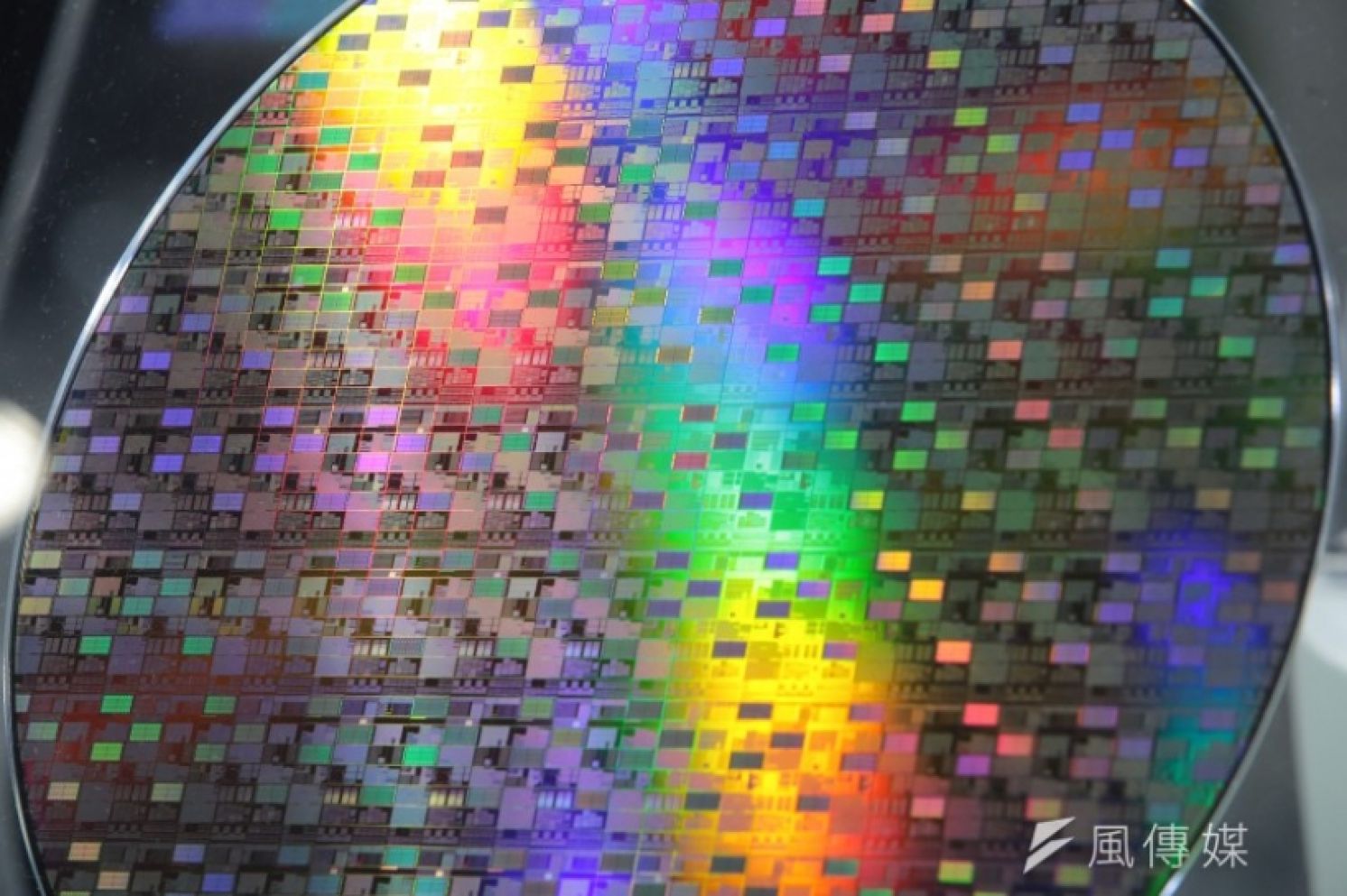
Not Improbable to Remove Taiwan from Semiconductor Industry:It's Happening Now
Minister Kung Ming-hsin of the National Development Council stated that it is improbable to remove Taiwan’s semiconductor industry because this would stop the operation of the world.
Details
This Week in Taiwan 1023-1030
October 26: After the 20th National Congress of the Chinese Communist Party, what is the state of national defense under the current cross-strait relationship? On October 24 at the Legislative Yuan, Minister of National Defense Chiu Kuo-cheng stated that the situation is very daunting and that negligent handling can lead to serious ramifications.
Details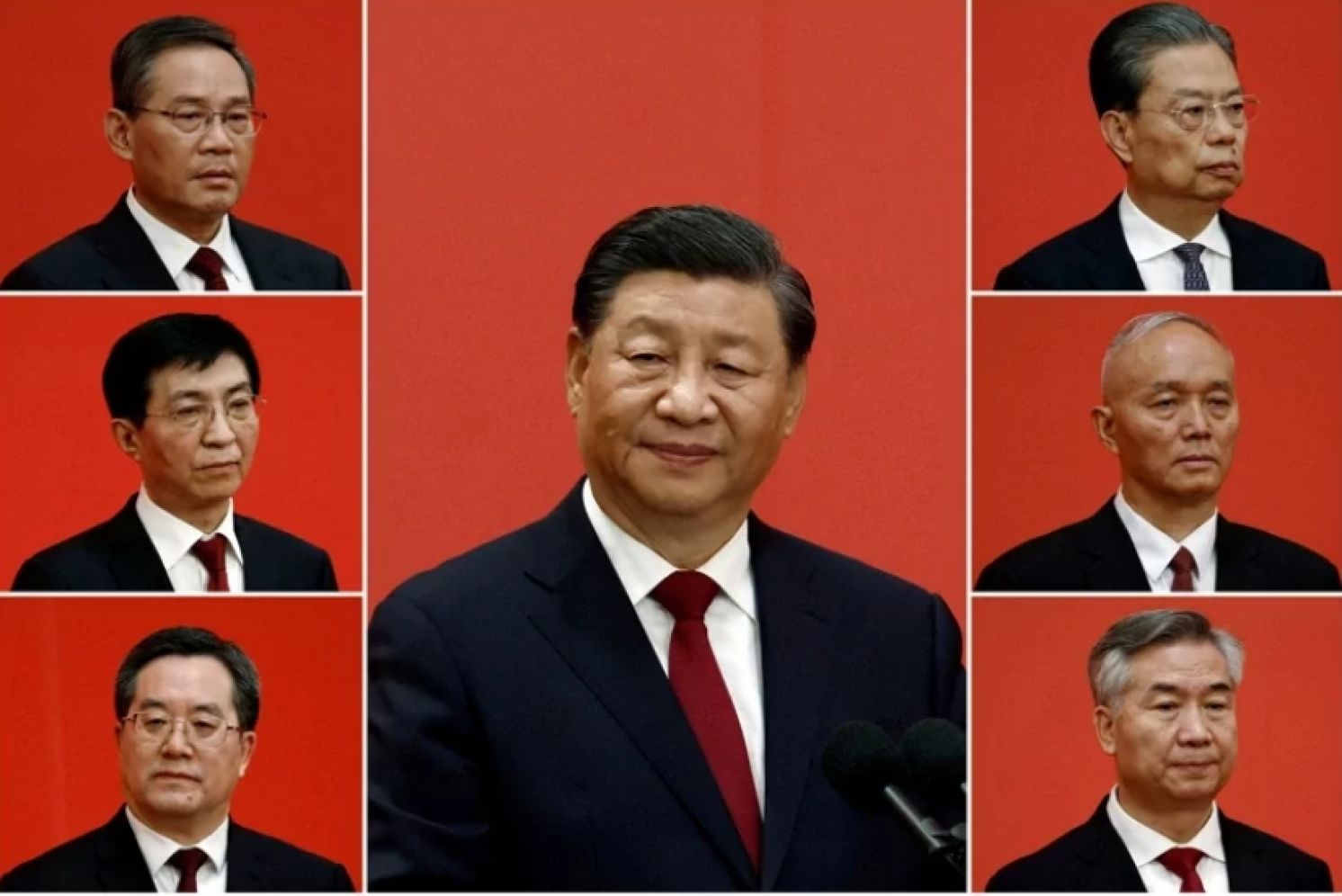
Does Cai's Ascension and New Leadership Hint Resolution of Taiwan Issue?
On October 23, the first plenary session of the 20th Central Committee of the Chinese Communist Party elected new members of the Standing Committee of the Politburo and Xi Jinping entered into his third term.
Details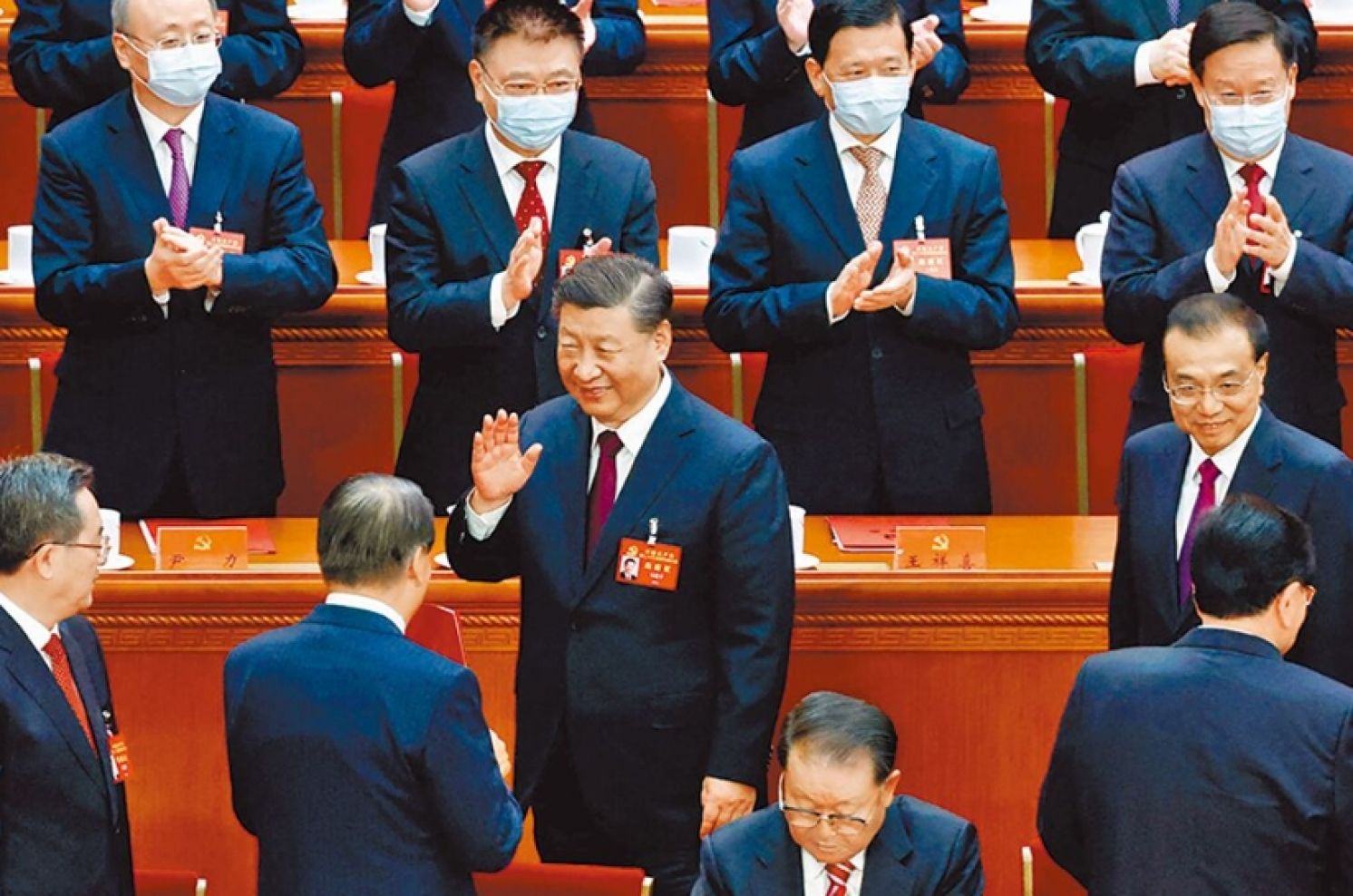
Two New Elements of Personnel Changes at the 20th National Party Congress
After several rounds of guessing by the international media, mainland China's new Politburo Standing Committee, a seven-member body that will rule China for the next five years, was finally appointed by the 20th National Congress of the Chinese Communist Party.
Details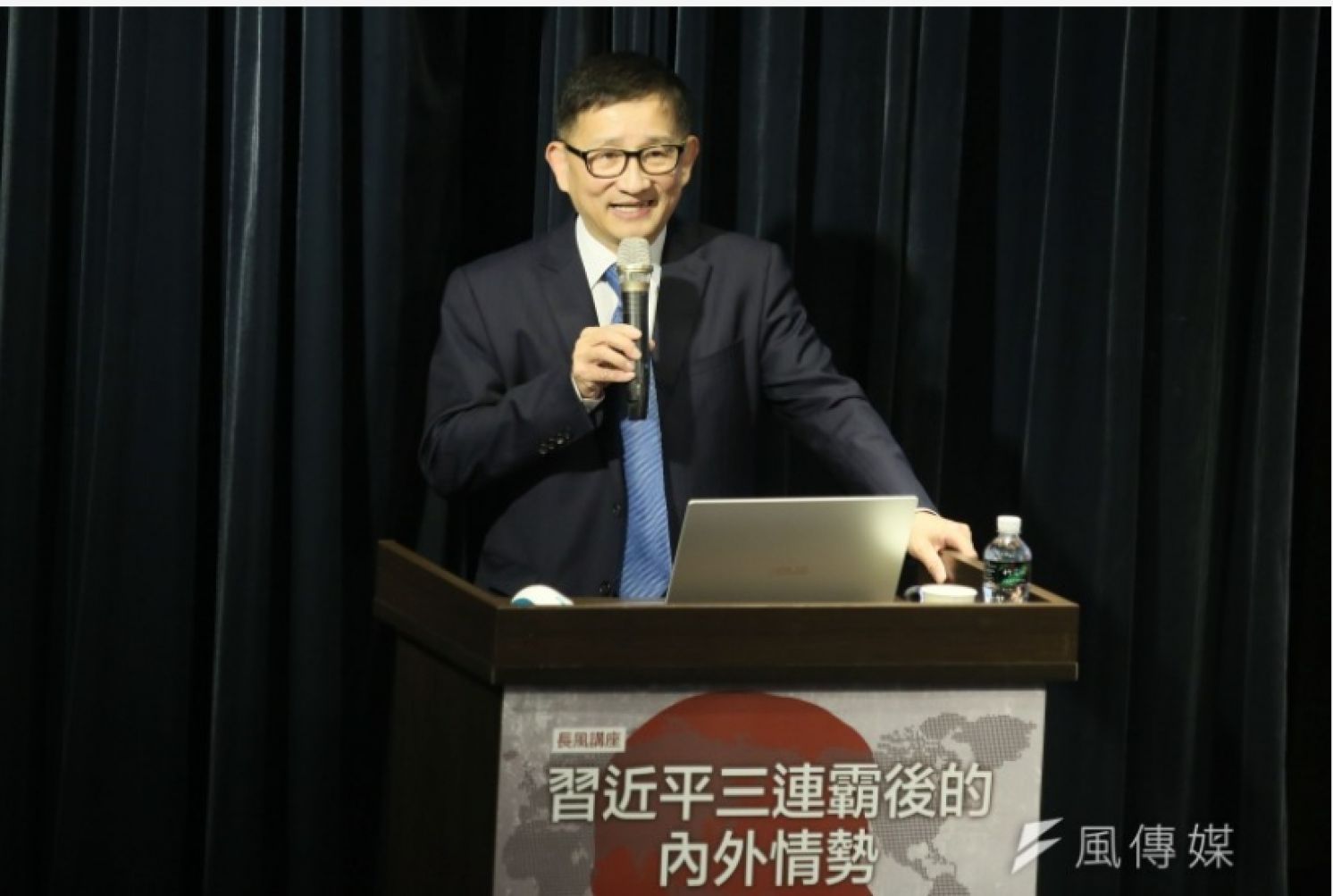
Next Five Years:China to Focus on Security Over Economy
The 20th National Congress of the Chinese Communist Party has concluded, and mainland China will begin its next five years.
Details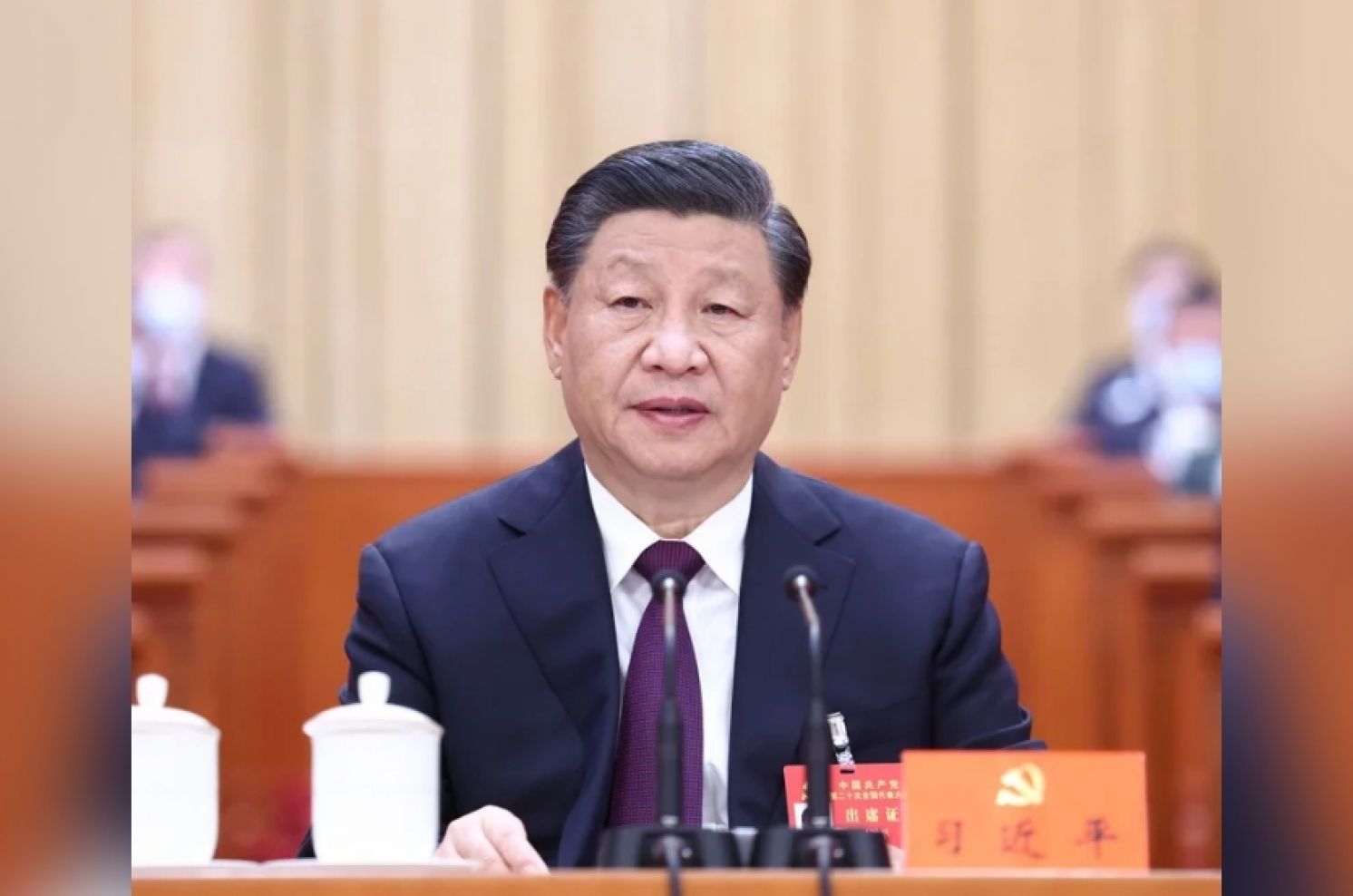
This Week in Taiwan 1016-1022
October 16: In his political report at the opening ceremony of the 20th National Congress of the Chinese Communist Party, General Secretary Xi Jinping stated that China shall strive for peaceful reunification but never promise to renounce the use of force and will adhere to improving "One Country, Two Systems" to promote reunification. According to the Office of the President, the Republic of China (Taiwan) is a sovereign and independent state, and the people of Taiwan believe in and are committed to freedom and democracy. The mainstream public opinion in Taiwan is firmly opposed to "One Country, Two Systems."
Details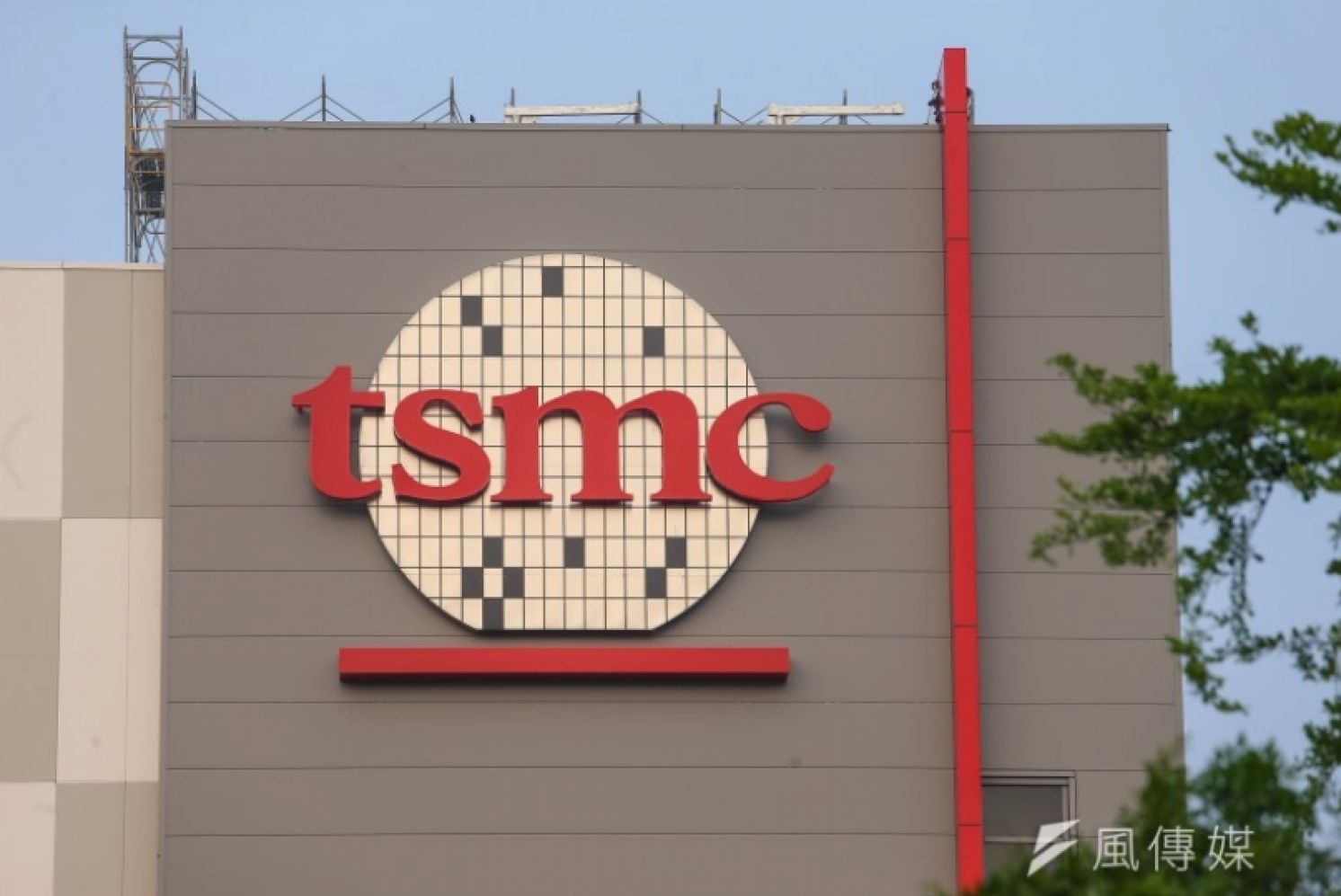
When U.S. Love for TSMC Turns into Doubt
The Taiwan Semiconductor Manufacturing Company (TSMC) was once the favorite of the United States, and it won numerous kinds of preferential treatments to set up factories in the United States.
Details
Musk Phenomenon and Ditch Taiwan Theory
In an exclusive interview with Financial Times, Elon Musk, founder of Tesla and SpaceX, expressed his concern over the escalating tension across the Taiwan Strait.
Details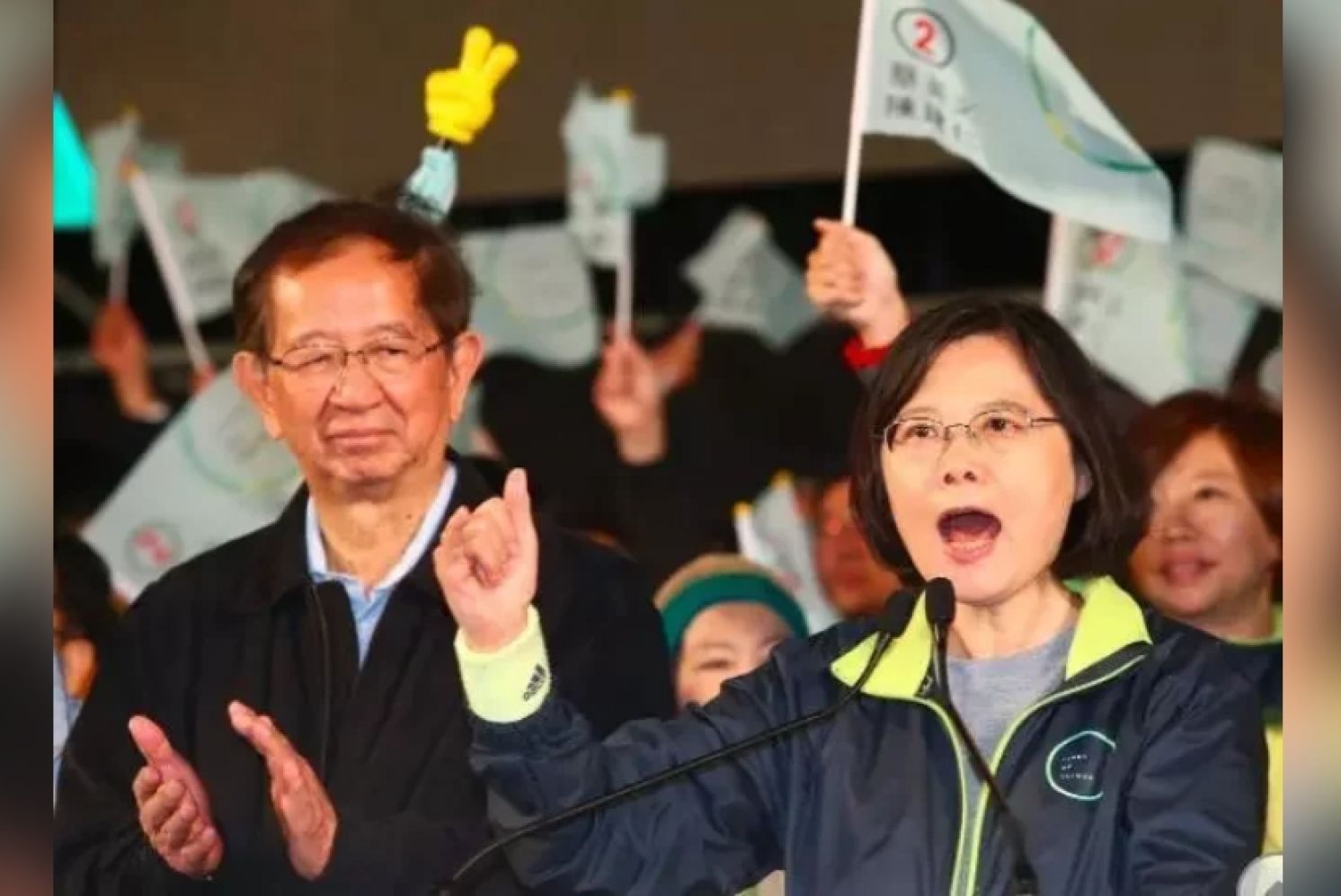
President Tsai's Brushes Lee Yuan-tseh off and Makes a Fool of the People
In an interview, Lee Yuan-tseh, former president of the Academia Sinica, stated that he had approached President Tsai Ing-wen to discuss the issue of greenhouse gas emissions.
Details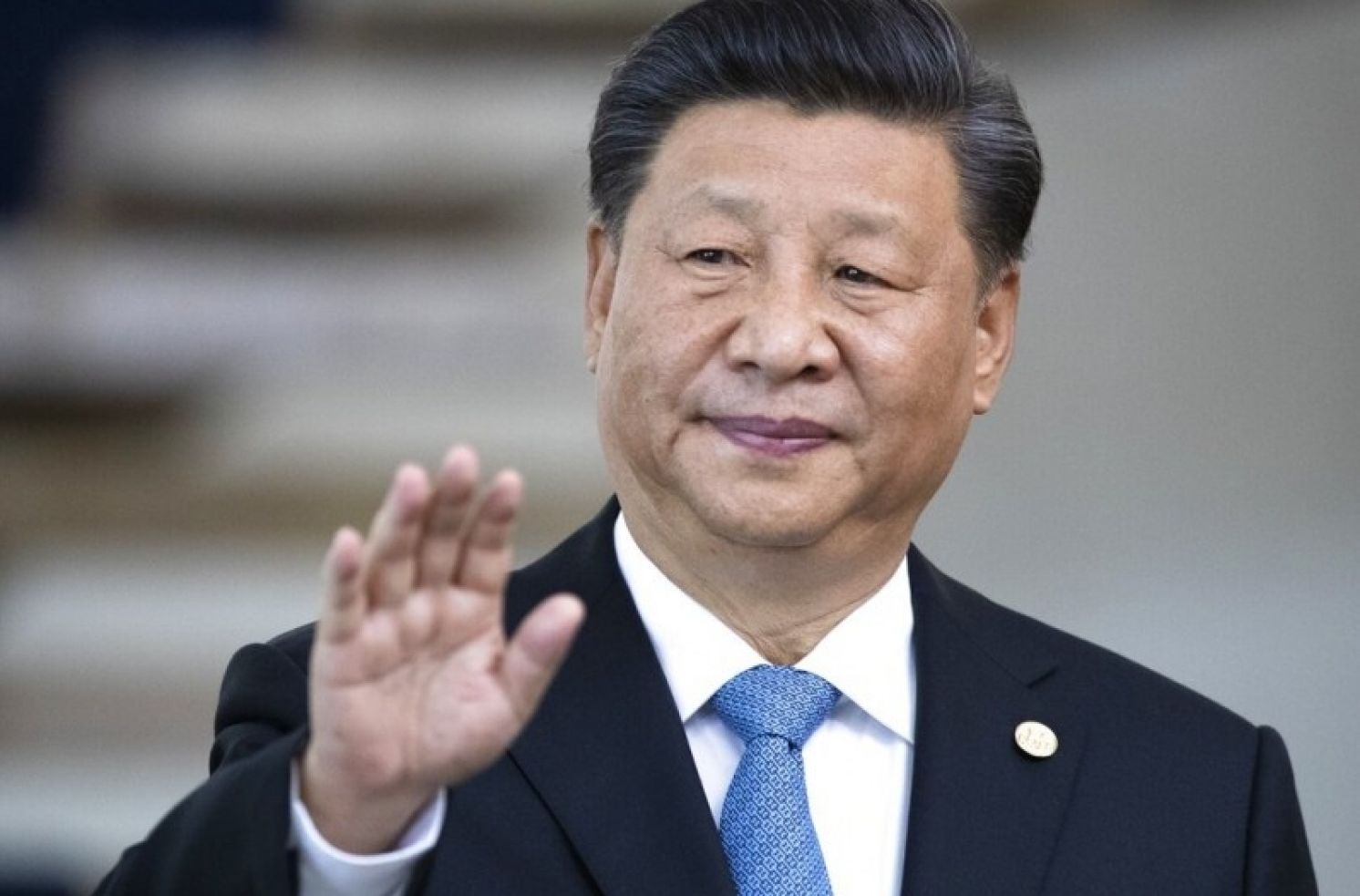
This Week in Taiwan 1009-1016
October 9: The United States Department of Commerce announced on October 7 chip export control measures to contain the development of China's semiconductors. The Ministry of Economic Affairs stated on October 9 that the United States is primarily targeting supercomputers and data centers, with little impact on Taiwan because Chinese manufacturers do not place these kinds of orders with Taiwan businesses. In addition, the Taiwan Semiconductor Manufacturing Company (TSMC) confirmed that it has received a one-year exemption and stated that the new U.S. ban on China is mainly targets ultra-high-end chips related to artificial intelligence and supercomputers and has limited impact on TSMC operations.
Details- 1
- 2
- 3
- 4
- 5
- 6
- 7
- 8
- 9
- 10
- 11
- 12
- 13
- 14
- 15
- 16
- 17
- 18
- 19
- 20
- 21
- 22
- 23
- 24
- 25
- 26
- 27
- 28
- 29
- 30
- 31
- 32
- 33
- 34
- 35
- 36
- 37
- 38
- 39
- 40
- 41
- 42
- 43
- 44
- 45
- 46
- 47
- 48
- 49
- 50
- 51
- 52
- 53
- 54
- 55
- 56
- 57
- 58
- 59
- 60
- 61
- 62
- 63
- 64
- 65
- 66
- 67
- 68
- 69
- 70
- 71
- 72
- 73
- 74
- 75
- 76
- 77
- 78
- 79
- 80
- 81
- 82
- 83
- 84
- 85
- 86
- 87
- 88
- 89
- 90
- 91
- 92
- 93
- 94
- 95
- 96
- 97
- 98
- 99
- 100
- 101
- 102
- 103
- 104
- 105
- 106
- 107
- 108
- 109
- 110
- 111
- 112
- 113
- 114
- 115